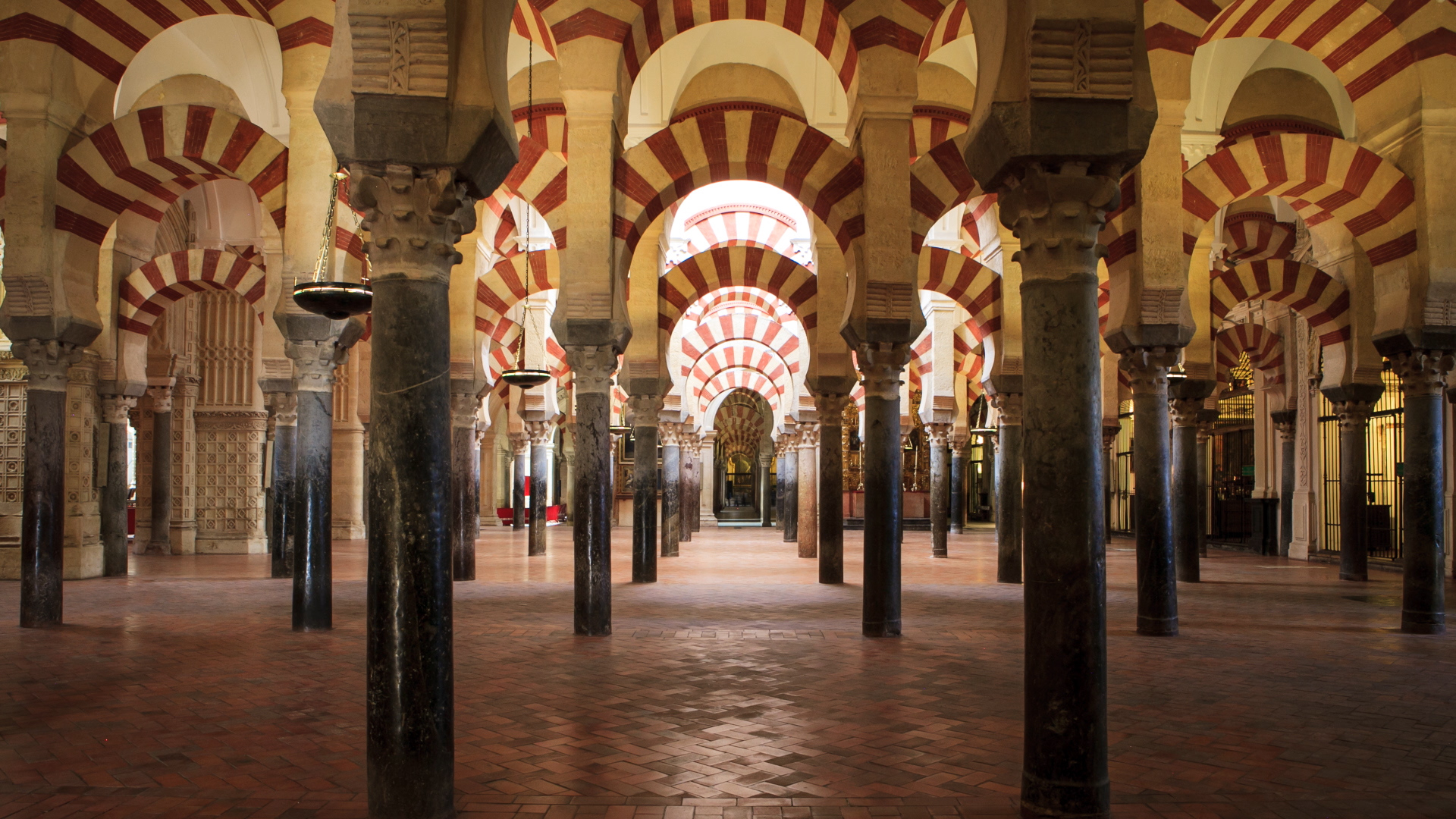It is a system of law within a country in which deferent laws apply to citizens based on religion, race, ethnicity, etc. For example, before 1920, all Muslim states were apartheid states in which under Islamic law Jews were second class citizens, subject to restriction on how they dressed, worked, worshipped, etc. and subject to discriminatory taxes.
From the early years of Islamic civilization, Muslim jurists, basing on Qur’anic directives, devised an elaborate hierarchy in which monotheistic non-Muslims, such as Christians and Jews, would be “protected” at a low level and tolerated as second-class citizens. Guidelines for their treatment were embodied in the “Pact of ‘Umar.” Limitations on the status of non-Muslims included discriminatory clothing regulations and occupational restrictions. Non-Muslims were required to pay a poll tax (
jizya) as well as discriminatory taxes on agricultural produce.
At times tolerant, at other times intensely intolerant, Spain’s intergroup relations formed a fragile coexistence of Muslims, Christians, and Jews. Although often tenuous, the coexistence of diverse languages, peoples, and religions produced an extraordinary symbiosis and distinctive...

www.neh.gov
Obviously this does not apply to Israel since within Israel, everyone has the same rights under the law.
